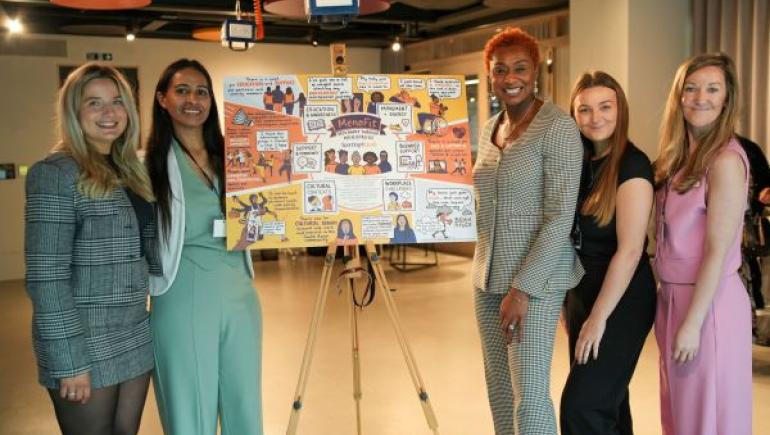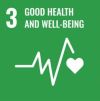It’s a shocking statistic that only 8% of ethnically diverse women* feel adequately supported by their employer during menopause. In this article, Eleanor Nobbs speaks to Sporting Equals about an innovative new programme which deals with this issue.
Sporting Equals recently launched ‘MenoFit’, a new national programme using physical activity to transform menopause and perimenopause support for ethnically diverse communities across the UK.
“We are not delivering a generic health programme,” explained Gemma Parry, Partnerships Manager for Sporting Equals. “We are building a movement that places women’s lived experiences at the centre, dismantles stigma, and creates safe spaces in local communities - such as faith centres and grassroots organisations - where women can learn, move, connect, and gain confidence together.”
UNDERSTANDING
Sporting Equals are the UK’s leading charity championing race equity, representation and inclusion across sport and physical activity. “Our mission is to ensure that ethnically diverse communities not only have access to movement, but feel seen, heard, and able to thrive at every level,” Gemma told ConnectSport.
The charity has three primary aims: firstly, to raise awareness and understanding of the needs of ethnically diverse communities within the sports and physical activity sector; secondly, to empower individuals and communities to deliver change both locally and nationally; and thirdly, to advise and support policy-makers and delivery bodies to be inclusive of all ethnically diverse communities. MenoFit, funded by the People’s Postcode Lottery, is a key part of this commitment.
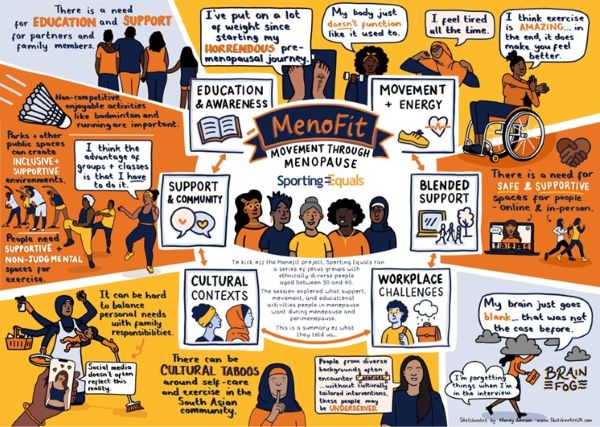
The new programme was recently launched at an event in London. “Our launch event marked a powerful moment of collective acknowledgement, learning, and momentum-building,” said Gemma. “We brought together a diverse audience of sector partners, all united by a shared commitment to tackling menopause inequality.”
This audience included Sport England representatives, public health bodies, healthcare professionals, community sport organisations, academic researchers, grassroots leaders, and employers.
DISTANT
“Experts such as Veerpal Sandhu [a menopause clinician and mental health specialist] highlighted the systemic inequities in diagnosis, treatment and support,” Gemma explained. “Women such as Maureen, Jatinder and Shazia bravely shared their lived experiences.
“This helped shift menopause from a distant policy to a deeply personal one.”
By combining human stories with data-driven context, the event proved why MenoFit will be so important to the wellbeing of ethnically diverse women across the UK. Gemma has been encouraged by initial feedback from the launch event.
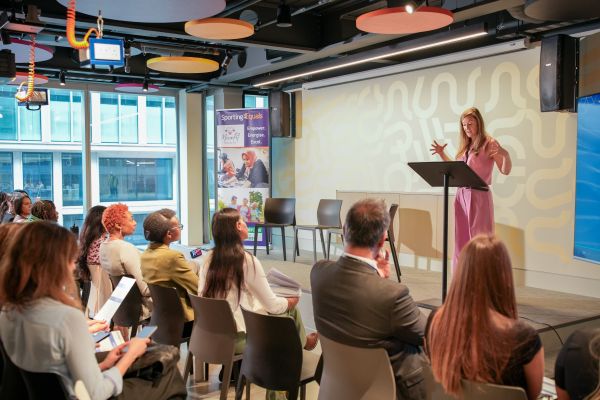
“The overall feedback was that this did not feel like the launch of a programme,” she said. “It felt like the beginning of a movement with the potential to shift both narrative and practice.”
“As someone working directly with women navigating the menopause journey, I see daily that tackling health inequalities for ethnically diverse communities cannot wait…. because the harm is already happening now.
EXPERIENCE
“During National Menopause Month in October, the issue has gained visibility. But too often, the national conversation still reflects a limited experience.”
This is because research shows that black women tend to reach menopause nearly two years earlier than white women, and that South Asian women report higher rates of low mood, sleep disruption and anxiety during menopause.
Yet both groups are less likely to access appropriate clinical support due to stigma, cultural barriers or misdiagnosis.
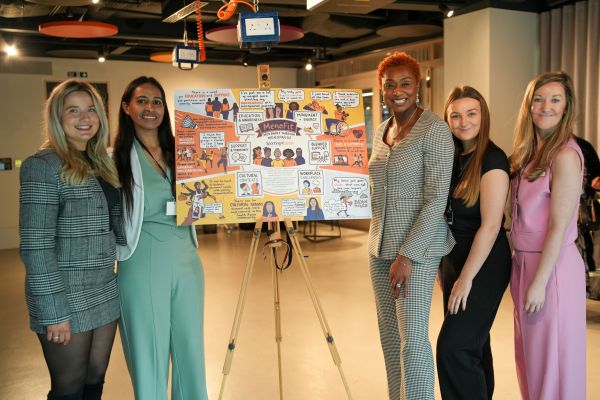
“Sport England’s Uniting the Movement strategy highlights that women from ethnically diverse backgrounds are less likely to be active,” said Gemma. “Not because of lack of interest, but because of structural, cultural, and accessibility barriers.
“The Women’s Health Strategy for England commits to improving outcomes for women across life stages. But, unless race, culture, language, gendered stigma and community trust are built into delivery models, ethnically diverse women will once again be left behind.
DIGNITY
“This is not just a health issue - it is a matter of equity, dignity, and justice.”
One of MenoFit’s primary commitments is bringing support into familiar, trusted spaces. Sporting Equals associate member organisations, such as faith centres and community hubs, will be used as MenoFit venues.
“These spaces are not just venues,” said Gemma. “They are safe, familiar environments where women feel seen, spoken to and understood.”
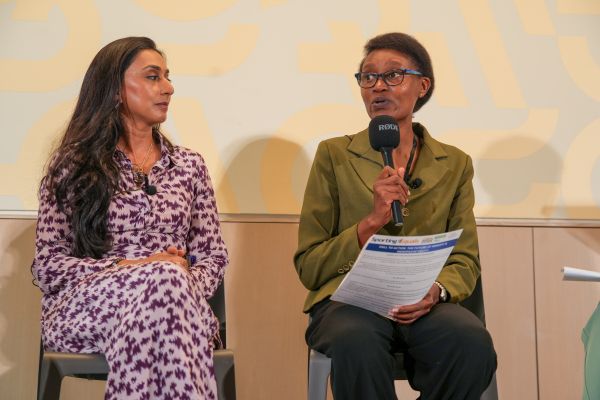
There are various ways in which organisations can get involved. Health and sport sector partners can collaborate by providing referral pathways, co-hosting sessions, contributing expertise or supporting evaluation and evidence-building, while community leaders, employers and faith-based influencers are invited to engage in the charity’s ‘sphere of influence’ work to help create more supportive environments around women.
AMBITIOUS
Gemma is ambitious about MenoFit. “In five years’ time, we want MenoFit to be recognised not just as a programme, but as a national model for culturally competent menopause support that sits at the intersection of health, physical activity and equity,” she said.
“If, in five years, no woman feels alone navigating menopause because of her ethnicity, language, cultural background, or access to movement, then MenoFit will not just have grown. It will have changed what is possible.”
*Fawcett Society, 2022.

